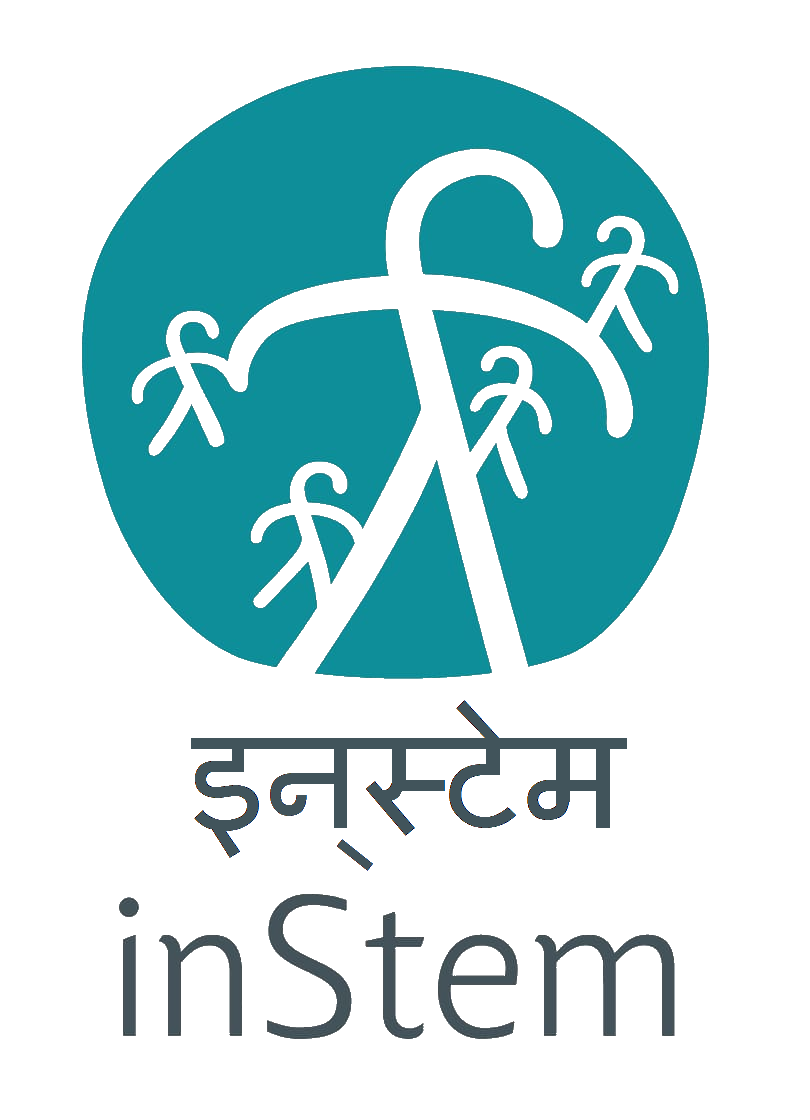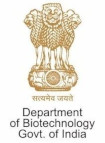Pondering the Potential of Hyaline Cartilage-Derived Chondroprogenitors for Tissue Regeneration: A Systematic Review.
| Title | Pondering the Potential of Hyaline Cartilage-Derived Chondroprogenitors for Tissue Regeneration: A Systematic Review. |
| Publication Type | Journal Article |
| Year of Publication | 2021 |
| Authors | Vinod E, Parameswaran R, Ramasamy B, Kachroo U |
| Journal | Cartilage |
| Volume | 13 |
| Issue | 2_suppl |
| Pagination | 34S-52S |
| Date Published | 2021 Dec |
| ISSN | 1947-6043 |
| Keywords | Animals, Cartilage, Articular, Chondrocytes, Chondrogenesis, Hyaline Cartilage, Mesenchymal Stem Cells |
| Abstract | OBJECTIVE: Chondroprogenitors have recently gained prominence due to promising results seen in and animal studies as a potential contender in cell-based therapy for cartilage repair. Lack of consensus regarding nomenclature, isolation techniques, and expansion protocols create substantial limitations for translational research, especially given the absence of distinct markers of identification. The objective of this systematic review was to identify and collate information pertaining to hyaline cartilage-derived chondroprogenitors, with regard to their isolation, culture, and outcome measures. DESIGN: As per Preferred Reporting Items for Systematic Reviews and Meta-Analyses guidelines, a web-based search of Scopus and PubMed databases was performed from January 2000 to May 2020, which yielded 509 studies. A total of 65 studies were identified that met the standardized inclusion criteria which comprised of, but was not limited to, progenitors derived from fibronectin adhesion, migrated subpopulation from explant cultures, and single-cell sorting. RESULT: Literature search revealed that progenitors demonstrated inherent chondrogenesis and minimal tendency for hypertrophy. Multiple sources also demonstrated significantly better outcomes that bone marrow-derived mesenchymal stem cells and comparable results to chondrocytes. With regard to progenitor subgroups, collated evidence points to better and consistent outcomes with the use of migratory progenitors when compared to fibronectin adhesion assay-derived progenitors, although a direct comparison between the two cell populations is warranted. CONCLUSION: Since chondroprogenitors exhibit favorable properties for cartilage repair, efficient characterization of progenitors is imperative, to complete their phenotypic profile, so as to optimize their use in translational research for neocartilage formation. |
| DOI | 10.1177/1947603520951631 |
| Alternate Journal | Cartilage |
| PubMed ID | 32840123 |
| PubMed Central ID | PMC8804774 |


